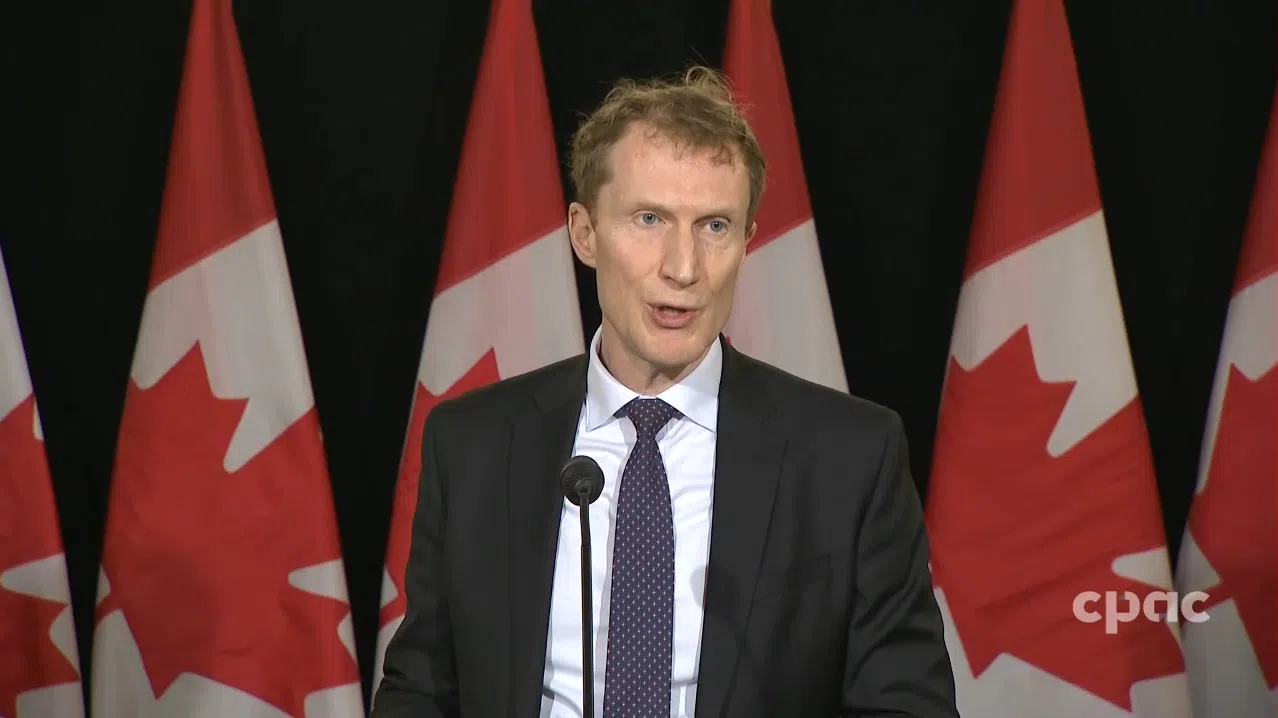
Immigration Minister Marc Miller speaks with reporters on Jan. 22, 2024. Image: CPAC video capture
Officials with Lakehead University and Confederation College say the announcement by Immigration Minister Marc Miller Monday, which would see a cap imposed upon international student permits will have a negative impact.
In a statement Lakehead University President Gillian Siddall says the cap, more specifically its size, comes during a difficult period.
“The cap will have a dramatic impact on the financial health of the post-secondary sector during a time when a cut and freeze to tuition and declining real per-student operating grants are placing enormous pressure on Ontario’s universities.”
She adds international students make contributions to the communities within the campuses from both a social and economic stance.
Currently LU has more than 1,900 international students studying at its Thunder Bay and Orillia campuses, and while the changes exclude graduate students and the current group of undergraduate students, the university says it will impact its recruitment of new undergraduate students.
Last fall there were approximately 175 new undergraduate students enrolled in programs.
Meanwhile, Thunder Bay – Superior North MP Patty Hajdu calls the cap a “re-balance” and is confident both LU and Confederation College will be able to weather the storm.
She notes her office sees many students come in dire straits, worried about treatment and safety as well of wanting quality education, a responsibility of which falls not directly towards post-secondary institutions.
“Provinces and territories are going to need to step up and fund post-secondary education appropriately so we are not exploiting international students as a cash stream. I’d say the university and college are in better shape, as they are obviously accredited institutions.”
Hadju says the focus of the cap is directed to what she refers to as “private schools” that fly-by night, which engage in predatory tactics to attract students from overseas with the promise of an education which will allow them to join the Canadian workforce which turn out to be fraudulent.





